Gov. Walker calls special session on opioid bills: "This isn't somebody else's problem"
MADISON— Governor Scott Walker is calling a special legislative session to pass a package of bills designed to curb heroin and opioid abuse. Walker has a long list of plans, but one idea -- drug testing high school athletes -- isn't on it.
As the Legislature returned to Madison, top Republicans couldn't name what would become their top priority legislation.
With this executive order, Governor Walker is essentially saying "I've got some ideas for you."
"There`s a lot of time for members in general to focus on a legislative agenda. This is a legislative agenda," Governor Walker said.
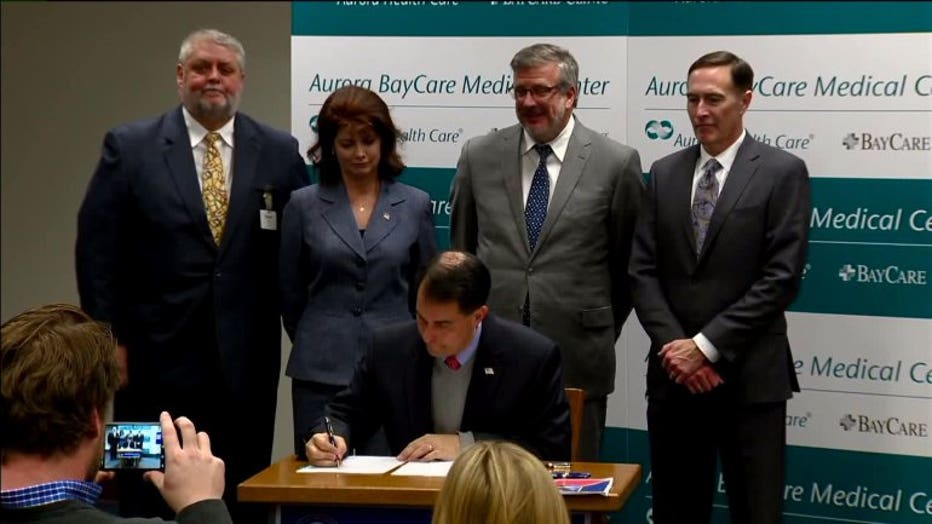
Governor Walker's 11 requests came from a new report from a task force.
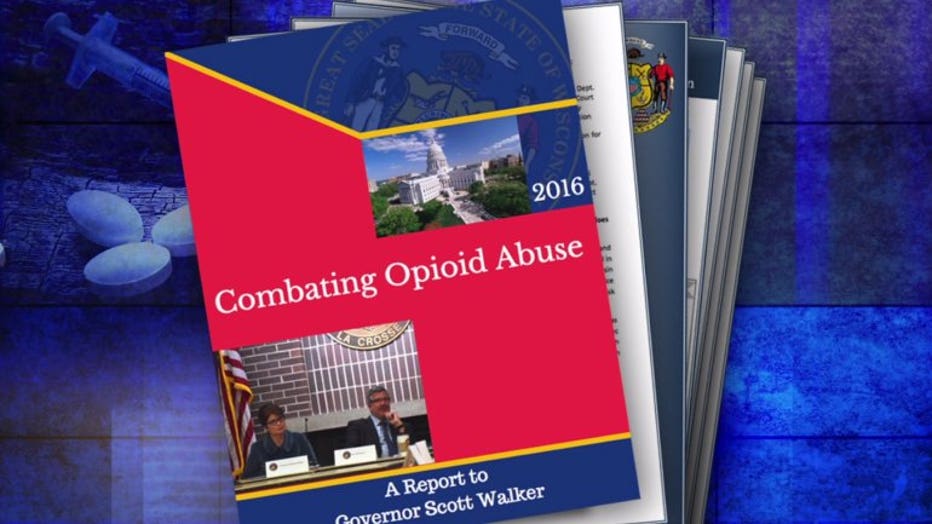
The Governor’s Task Force on Opioid Abuse made a number of recommendations to lawmakers. The task force wants school nurses to be able to give the heroin-fighting drug Naloxone to students who are overdosing in school. The task force has called for more funding for "recovery coaches" in hospital emergency rooms. Walker would also require prescriptions for medicines containing codeine, and he backs limited immunity for people who overdose, to encourage friends and family to call 911.
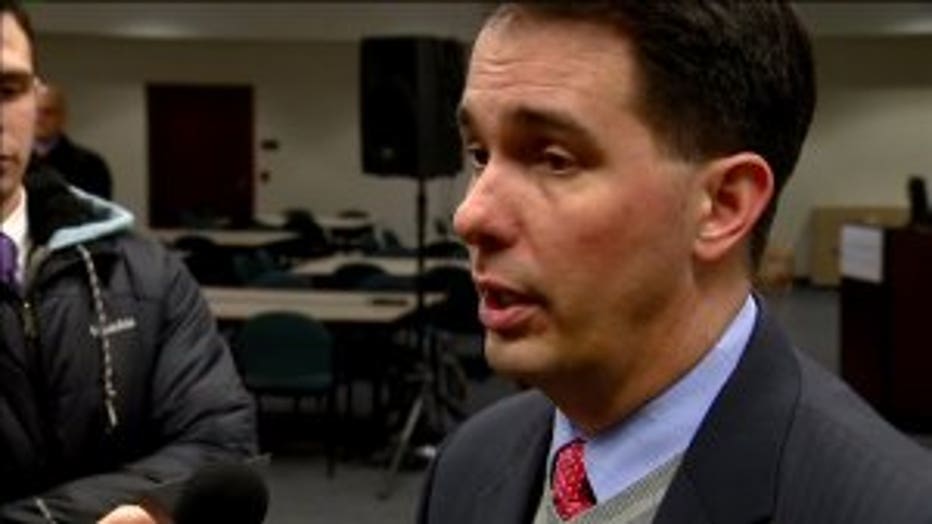
Governor Scott Walker
Governor Walker said opiate prescriptions have fallen 10 percent in a year's time -- crediting lawmakers' previous efforts to fight addiction.
"Treatment works. It's not 100 percent, but it works," Rep. John Nygren, R-Marinette said.
"This isn`t somebody else`s problem. This is an issue that at some point or another will affect all of us or the loved ones that we have in our own circle of friends or family," Walker said.
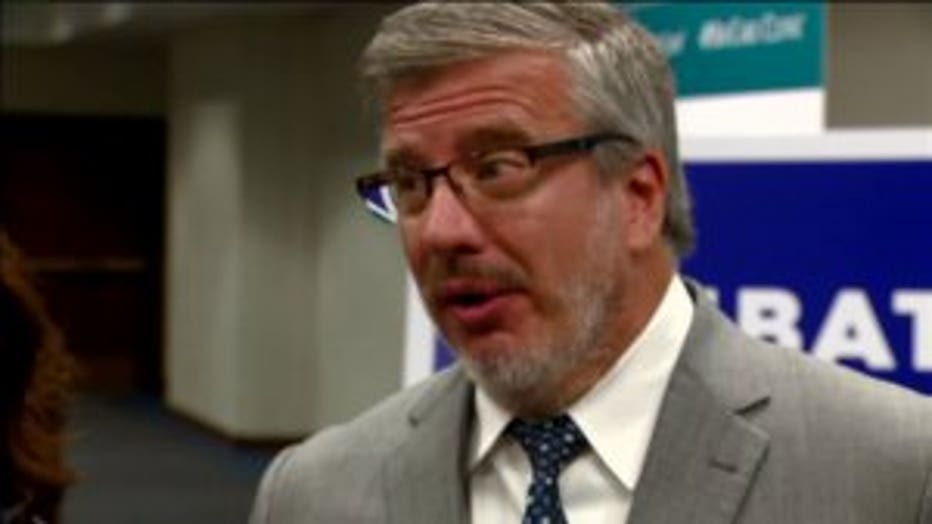
Rep. John Nygren
Additionally, Walker said he wants the University of Wisconsin System starting a recovery school; to allocate money for the rural hospital graduate medical training program; more state drug agents; and a consultation service to connect medical professionals with addiction medicine specialists.
Walker said he expects people to wean themselves off painkillers. He said his adult son used Advil instead of prescription drugs after getting his wisdom teeth out recently.
"As patients, we need to take on some of the responsibility of that as well and not just put the pressure on health care professionals to prescribe, prescribe, prescribe," Walker said.
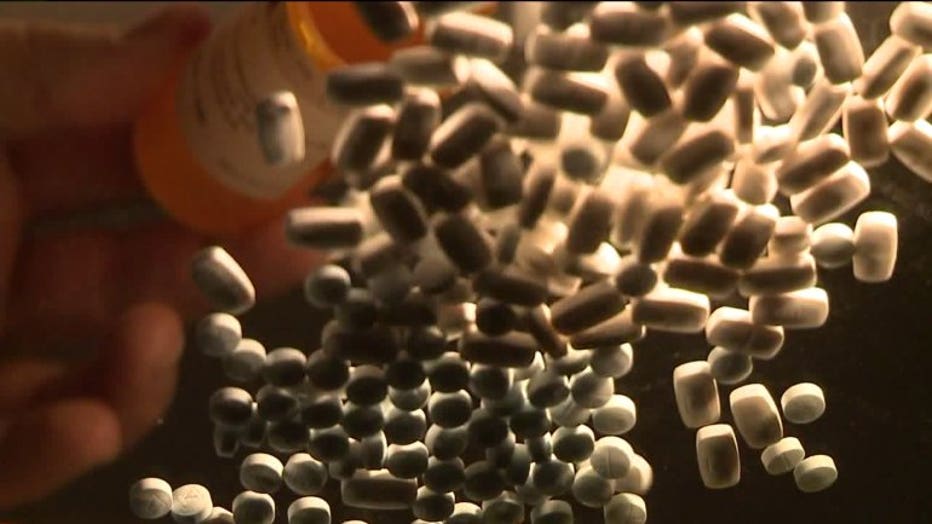
The task force did not recommend high schools drug test their athletes as a Republican state lawmaker proposed before pulling back when Walker and Assembly Speaker Robin Vos said they didn't support the idea.
The Legislature is already in session, but a special session order allows lawmakers to operate under different rules that make passing bills easier.
The governor also typically uses a special session call to draw attention to issues.
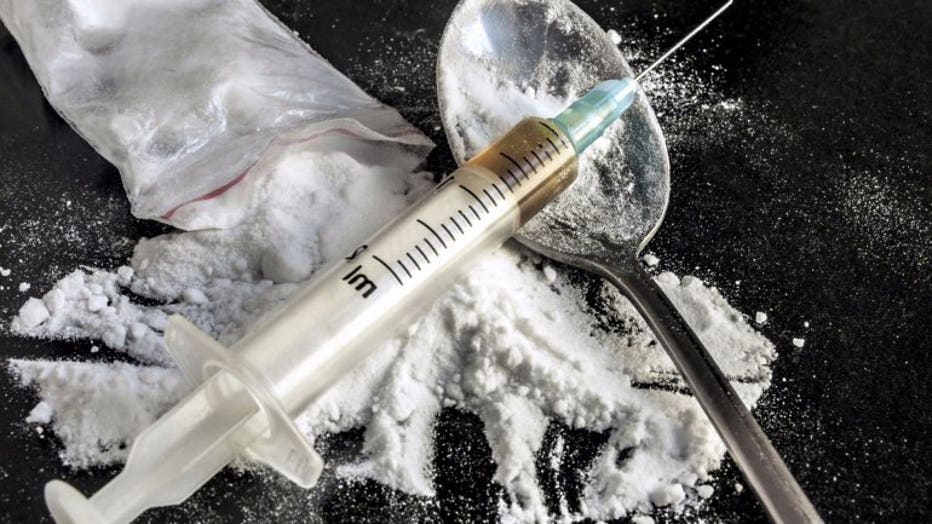
Heroin
According to a spokesman, Vos expects to have Assembly committees taking up Walker's bills by the end of January.
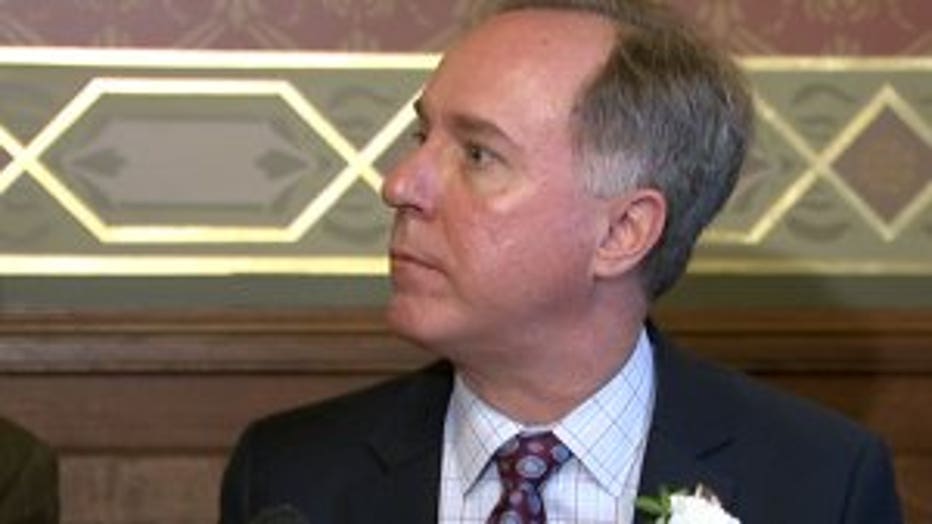
Assembly Speaker Robin Vos
Below is a statement from Vos' spokeswoman, Kit Beyer:
"A special session puts a priority on the proposed legislation by allowing for a more expeditious legislative process. It also draws more attention to an important problem that has become a health crisis in the state.
The Speaker looks forward to continuing to pass legislation to fight the opioid epidemic and hopes to have bills taken up in committee by the end of the month.
As you may recall, the HOPE Agenda produced 17 bills in the past two sessions, which received widespread support and have made an impact."
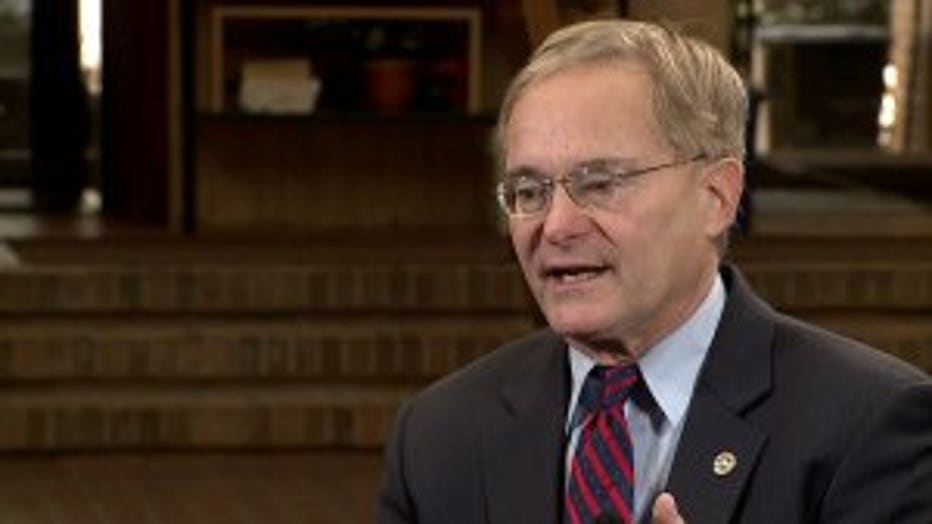
Peter Barca
Top Assembly Democrat Peter Barca said the special session was "warranted" -- issuing this statement to FOX6 News:
“The opioid epidemic in our state is a very serious issue that requires a very aggressive response. I hope the committees will collect input from those who know this issue firsthand—from law enforcement, to educators, to medical professionals—as this will help us address this crisis in the most comprehensive manner possible.
The urgency of this special session is warranted, and I hope Gov. Walker takes the same approach to other incredibly significant issues facing Wisconsin families right now, including rebuilding the most diminished middle class in the country. As elected officials, we need to do everything we can to address those who are hurting.”
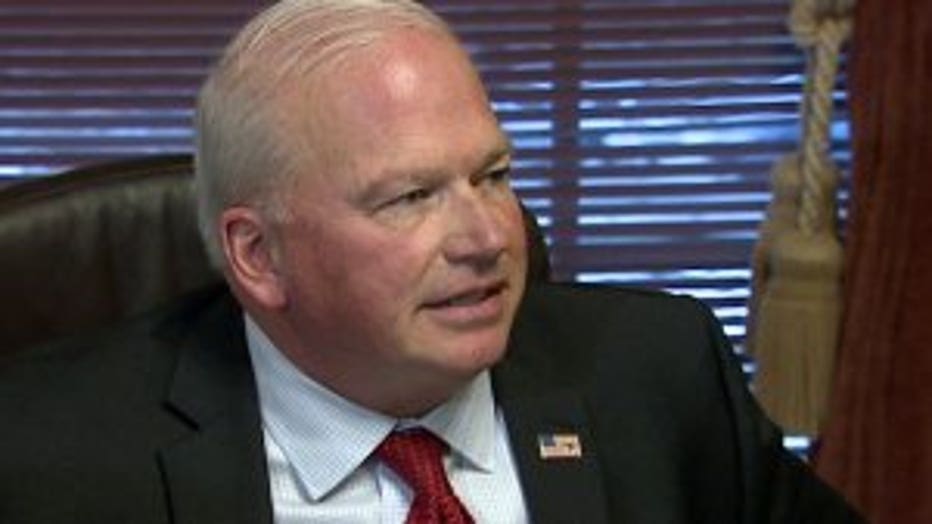
Senate Majority Leader Scott Fitzgerald
Senate Majority Leader Scott Fitzgerald said it could take some time before they get voted on.
Below is a statement from Fitzgerald's spokeswoman, Myranda Tanck:
"We look forward to working with the Governor to expand on the HOPE legislation passed over the last two legislative sessions to continue to fight to address Wisconsin’s growing heroin and opiate epidemic.
As far as timeline: we had a Senator call the Senate into special session today and adjourn until January 10 as the call began today at 11:00. The procedure will be relatively unchanged going forward; each of the enumerated bills appears to still be in LRB form and will need to be introduced, assigned bill numbers, circulated for cosponsors, and referred to committee. As that process continues we will have a better idea of when these bills will be on the floor. As of right now we have not scheduled any additional floor days but the special session does allow us to come in any business day until the special session is closed."

